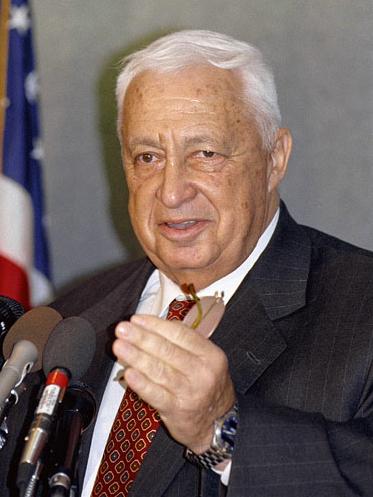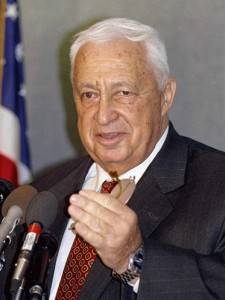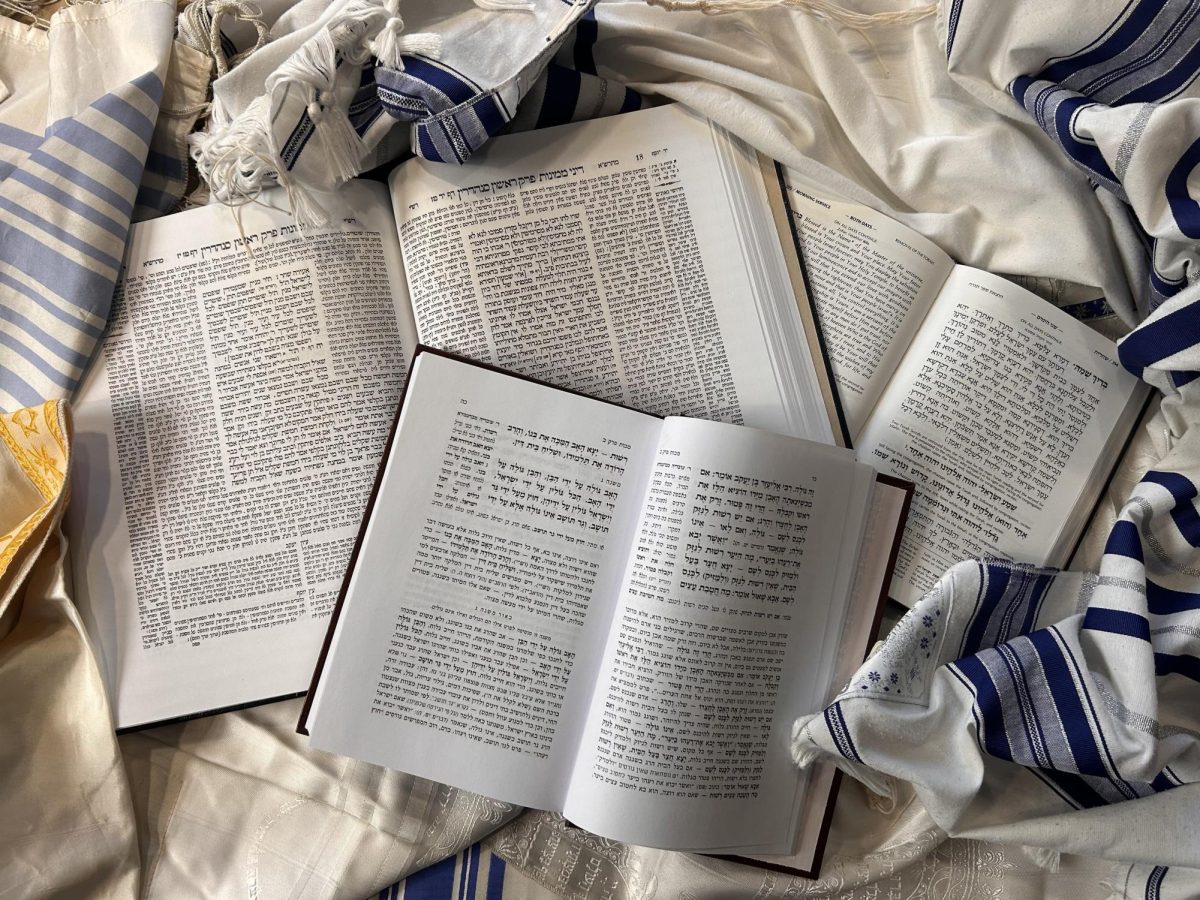Photo from en.wikipedia.org
Former Israeli Prime Minister Ariel Sharon, one of the original leaders of the State of Israel, died on Jan. 11 at the age of 85 after spending eight years in a coma. In 2006, during his fifth year as prime minister, Sharon suffered a massive stroke, leaving him comatose.
Sharon has been a leader for many of the major events in Israeli history, with mixed results. He was hailed as a national war hero by Israelis for his leadership during every major Israeli war, and has been dubbed the “Butcher of Beirut” by Arabs for his oversight of the invasion of Lebanon in 1982.
Throughout his time he exhibited fearless decision-making, giving him the nickname “The Bulldozer.” However, Sharon was also responsible for returning the Gaza Strip and parts of the West Bank to the Palestinians.
All of Sharon’s accolades as a military and political leader leave us with a strange curiosity of what is his legacy. There are many controversial decisions by which to remember him.
For example, Sharon encouraged Israelis to settle in the Gaza and West Bank area, then subsequently pulled the rug out from underneath them with the Disengagement.
He ordered the construction of the barrier through the West Bank and confined then-Palestinian leader Yasser Arafat in his house in Ramallah for encouraging attacks on Israel and being a “terrorist.”
As suicide bombings rocked Israel throughout the Second Intifada (2000-2005), Sharon sent tanks and troops into Palestinian towns, ordering the execution of Palestinian leaders.
In 1953, Sharon was the leader of the commando Unit 101 on a raid into the town Qibya, killing 69 Arab villagers and blowing up 45 houses as retaliation to a wave of terrorist attacks from Jordan.
As defense minister, Sharon oversaw the Israeli invasion of Lebanon during the Second Lebanon War. The occupation was meant to stop the expansion of the Palestinian Liberation Organization (PLO) into Lebanon as a base to execute attacks on Israel. The war ended terribly, with Sharon being indirectly blamed for the massacre at the Palestinian refugee camps Shatila and Sabra. This event forced his resignation as defense minister and he was banned from holding that position again.
Despite all of these controversial acts, he is remembered in Israel as a national war hero for his military prowess. In what was debatably his most successful military victory, Sharon surrounded Egypt’s Third Army during the Yom Kippur War in 1973 and led his troops to the Suez Canal, despite orders on the contrary. During the Six-Day War, Sharon and his tank battalion crushed the Egyptians in the Sinai. He was considered one of Israel’s greatest military strategists because of these decisive victories.
All of these acts required tough decision-making. Throughout his career Sharon was viewed as the go-to man to make these difficult decisions when Israelis thought there was nothing left to do. Either leading his soldiers in battle, or making the calls as an elected leader, Sharon always did what he thought needed to be done. It is unclear whether Sharon should be viewed as one of Israel’s great leaders or biggest blunders. However, he will go down in history for never hesitating to make the call he thought needed to be made.











































































